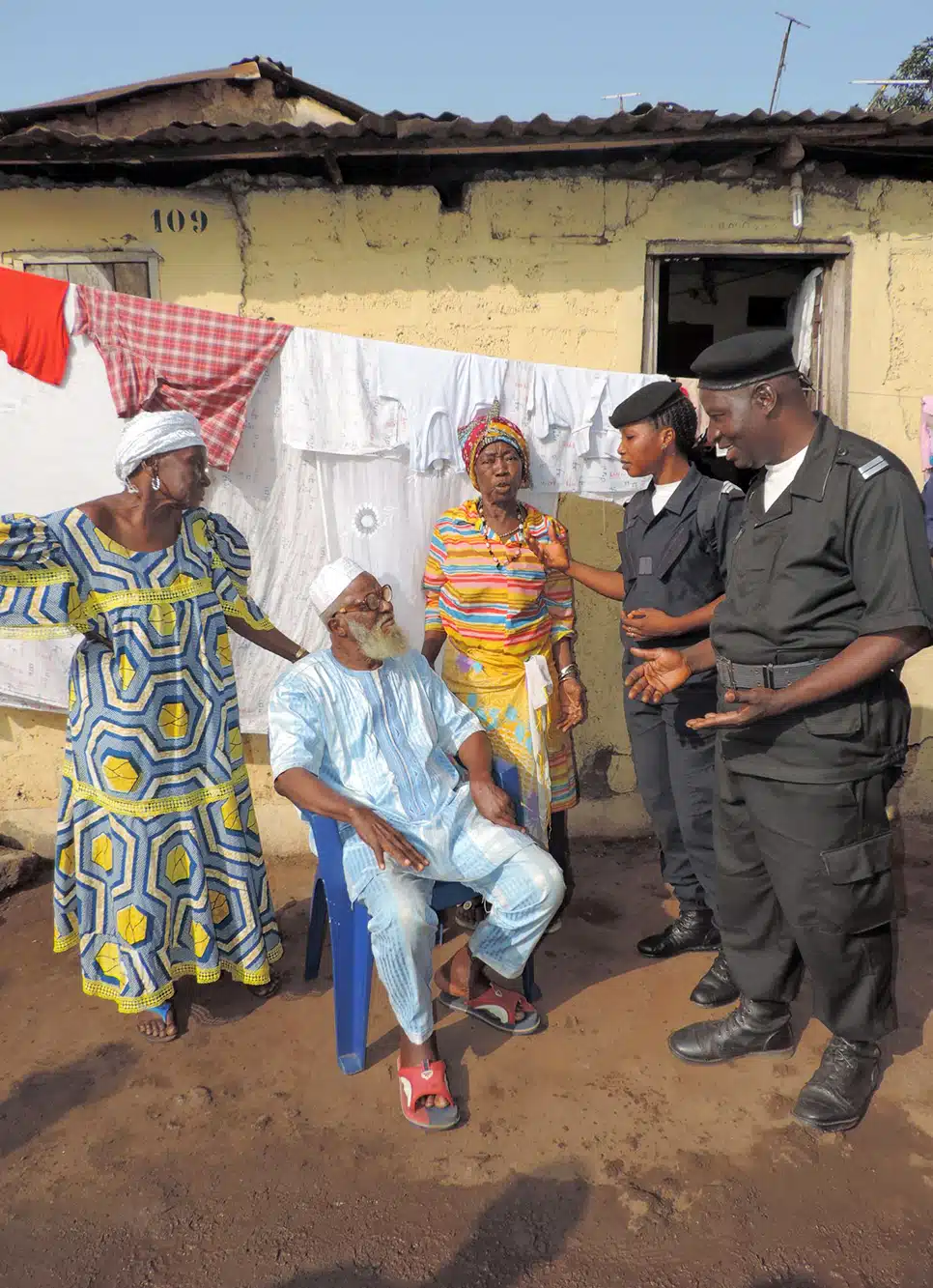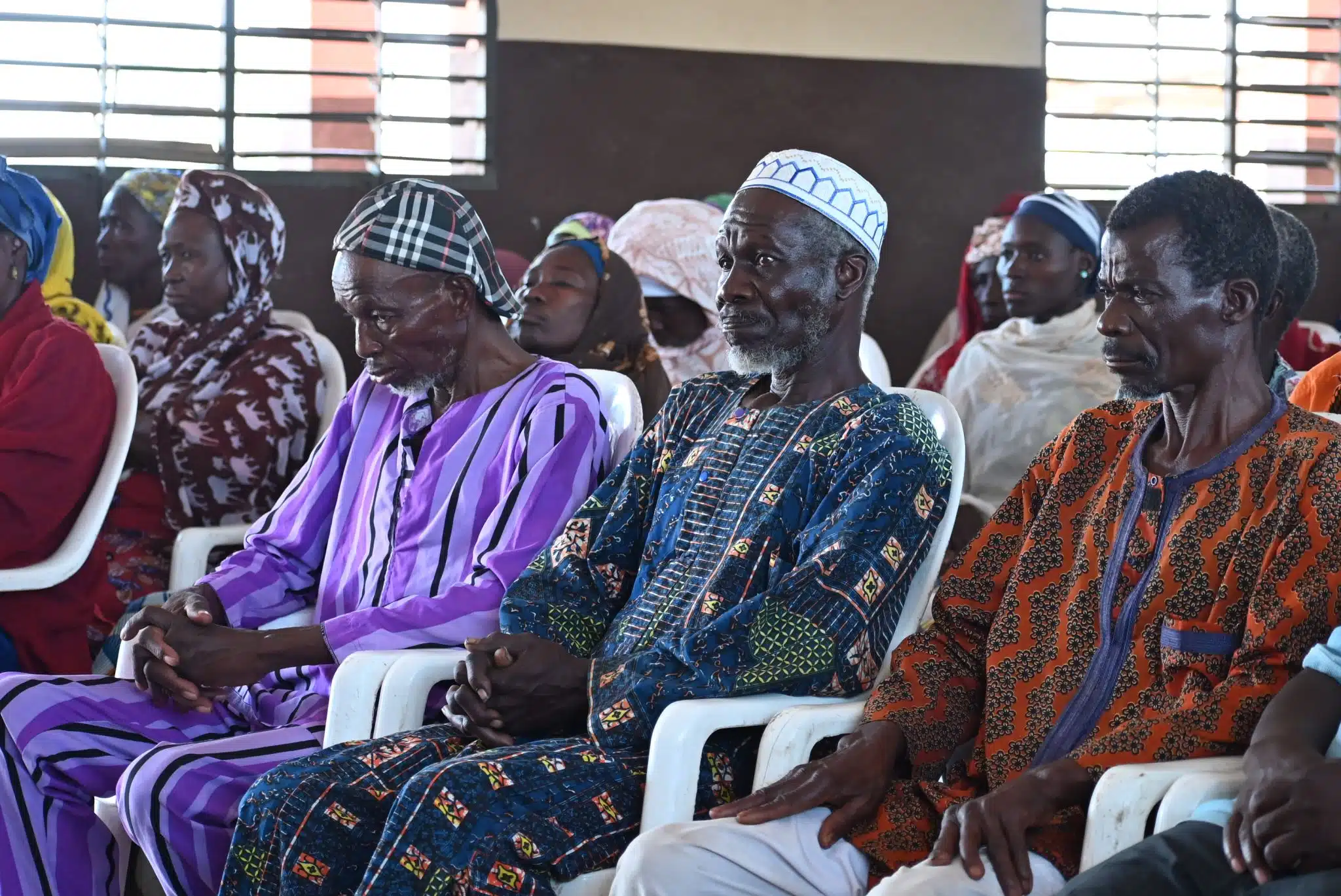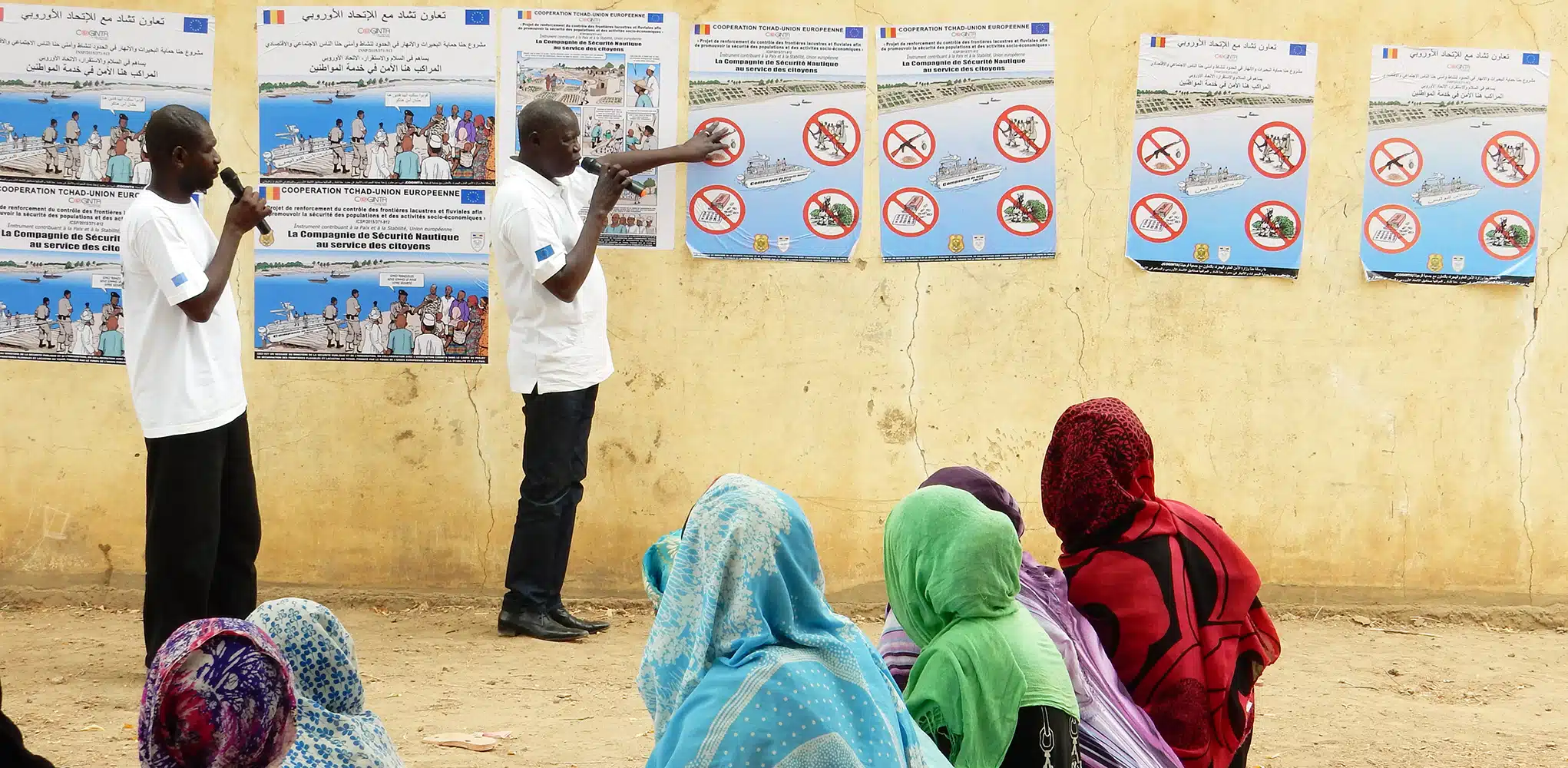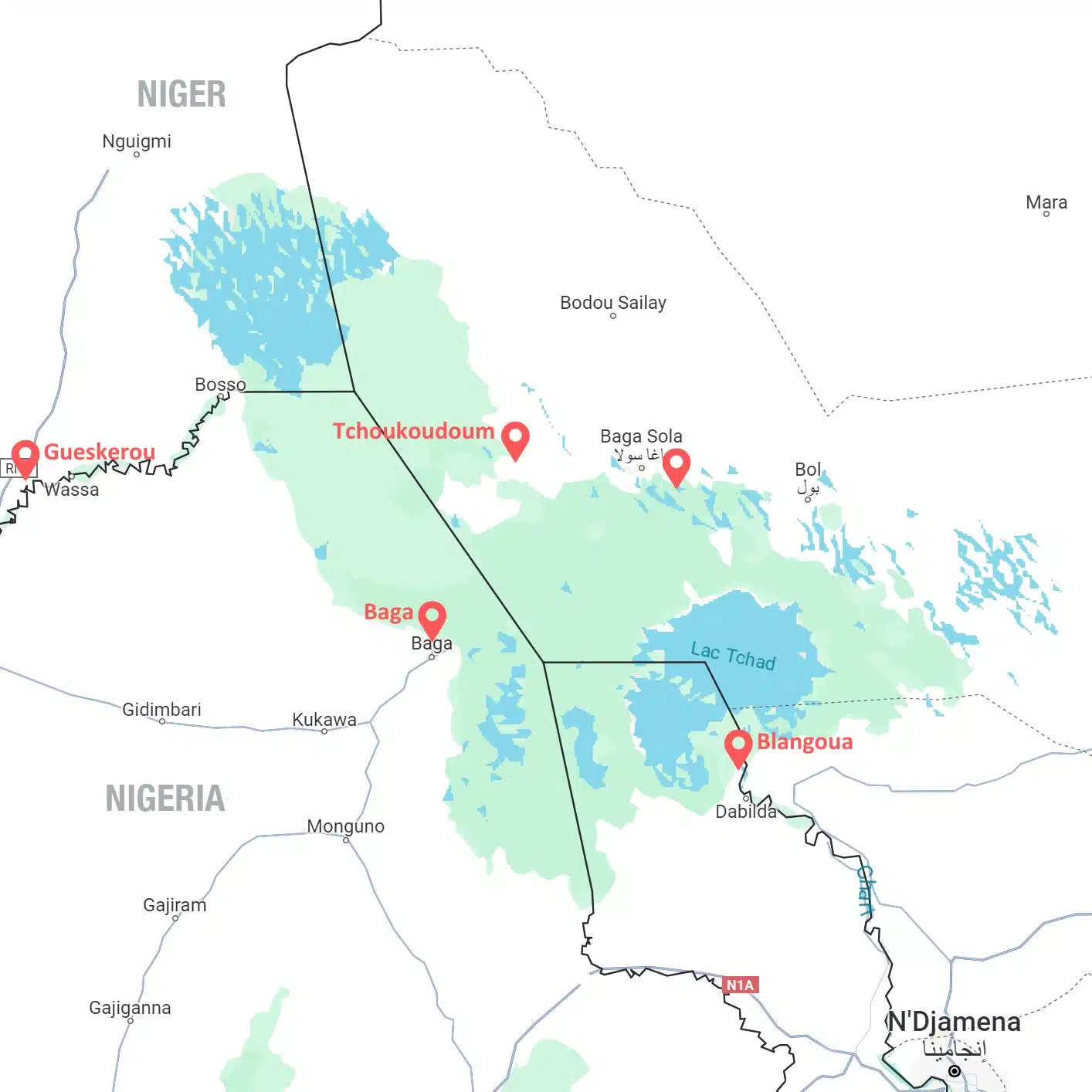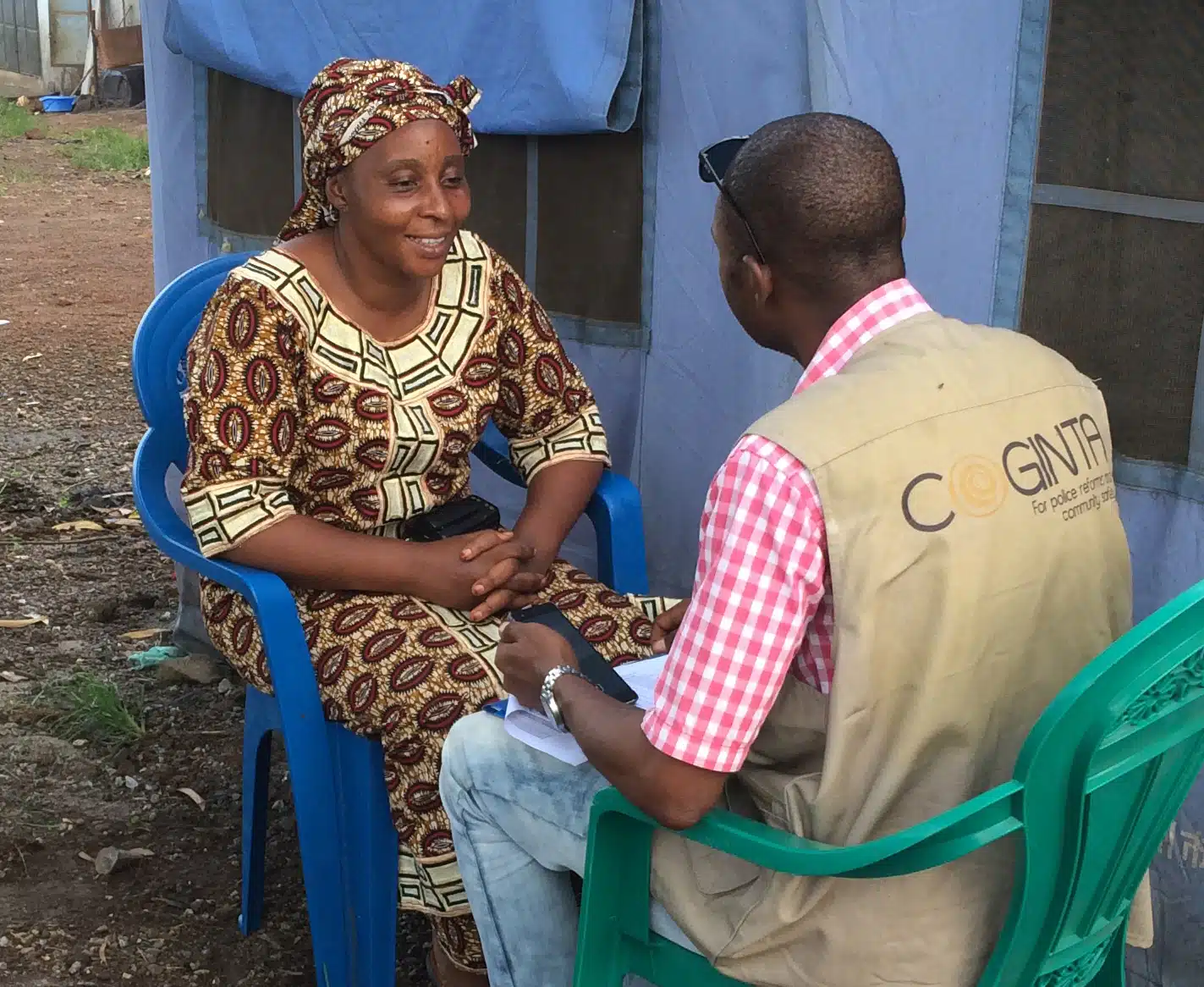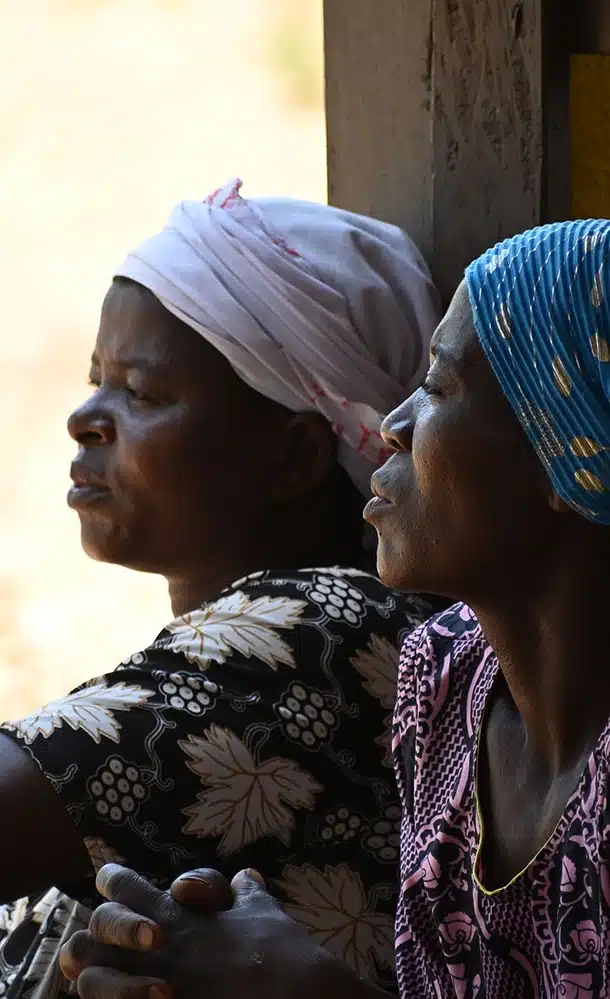Favoring a territorial approach
and concentrating efforts
Concentrating efforts on a given geographical area or on a particular institution makes it possible to envisage lasting and profound changes. This approach takes the form of multidimensional support including the construction of infrastructure, the acquisition of equipment, the improvement of individual and collective skills, and the promotion of good governance to cover the needs of justice and justice institutions. security, who often work in degraded conditions. Putting them in a position to be able to fully carry out their missions refocuses them towards their primary objective: the protection of populations.
The increased commitment of armies in “theaters of internal operations” is often explained by the inability of internal security forces to stabilize the situation alone. However, the armies alone do not have the operational capabilities capable of guaranteeing the protection of populations. In this perspective, Coginta supports the consolidation of the territorial network of internal security forces in order to guarantee local security in the daily lives of populations and thus create favorable conditions for socio-economic development. This territorial network, set up by gendarmerie brigades and police stations, constitutes the basis of any security system. It is part of a security concept centered on the primary service of people.
